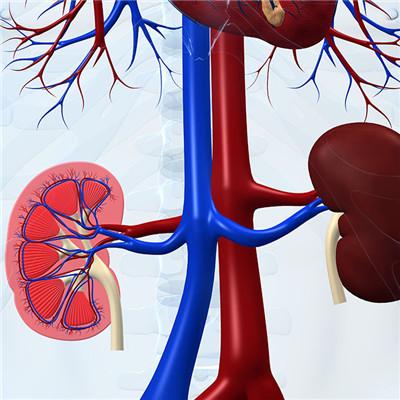AIDS neurological symptoms?
summary
Many people may only know that AIDS is terrible and have heard a lot of rumors, but they have no more understanding of the truth of AIDS. Today, in order to improve people's awareness of AIDS and their ability to prevent it, what are the neurological symptoms of AIDS? Next, I'd like to share my views with you.
AIDS neurological symptoms?
HIV is a neurotropic virus, which can invade the nervous system in the early stage of the disease. Therefore, the central nervous system manifestations of AIDS are mainly caused by direct invasion of HIV; Secondly, after HIV infection, human immune mechanism is suppressed or immune deficiency causes viruses, bacteria, fungi and other easily infected or secondary tumors. The combination of the above two reasons is more likely to suffer from diseases.
HIV aseptic meningoencephalitis: it is more common in the early stage of AIDS, but also in the late stage. The main symptoms of the patients are headache, fear of light, nausea, vomiting, fever, sore throat, loss of appetite, diarrhea, etc. some patients may have obvious encephalitis symptoms, such as convulsions, aphasia, etc. they often have whole body tonic clonic seizures. There may be increased lymphocytes, increased protein and normal sugar in cerebrospinal fluid, EEG showed diffuse abnormalities, some patients may have cerebral palsy, the most common is facial nerve, followed by trigeminal nerve or auditory nerve.
AIDS dementia syndrome: formerly known as subacute or chronic HIV encephalitis, it is the most common in clinic. It usually occurs in the late stage of the disease, mainly manifested as progressive cognitive decline, inattention, memory loss, temporal and spatial orientation disorder, motor function weakening, abnormal behavior, dyskinesia and inability to write due to ataxia and tremor, Poor balance function, etc,
matters needing attention
High energy, high protein diet. Beneficial high protein foods are: fish and shrimp, such as sea fish, shrimp, cuttlefish, shellfish, crab, etc; Poultry, such as chicken, pigeon meat, rabbit meat; Milk and dairy products, such as high quality cheese; Eggs, such as eggs, duck eggs; Beans, such as tofu, soymilk or other bean products; Other meat. High protein diet will increase the burden on the kidney. If you feel unwell, please contact your doctor and nutritionist to adjust your diet properly.














